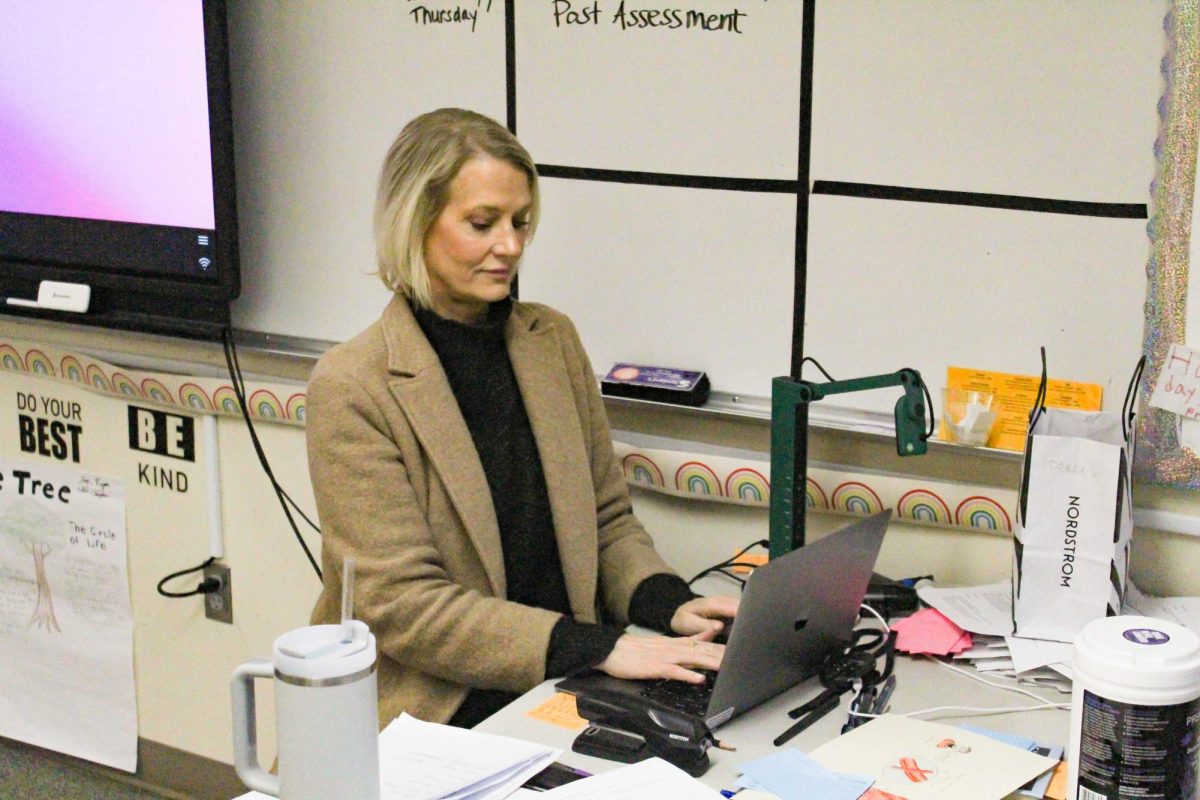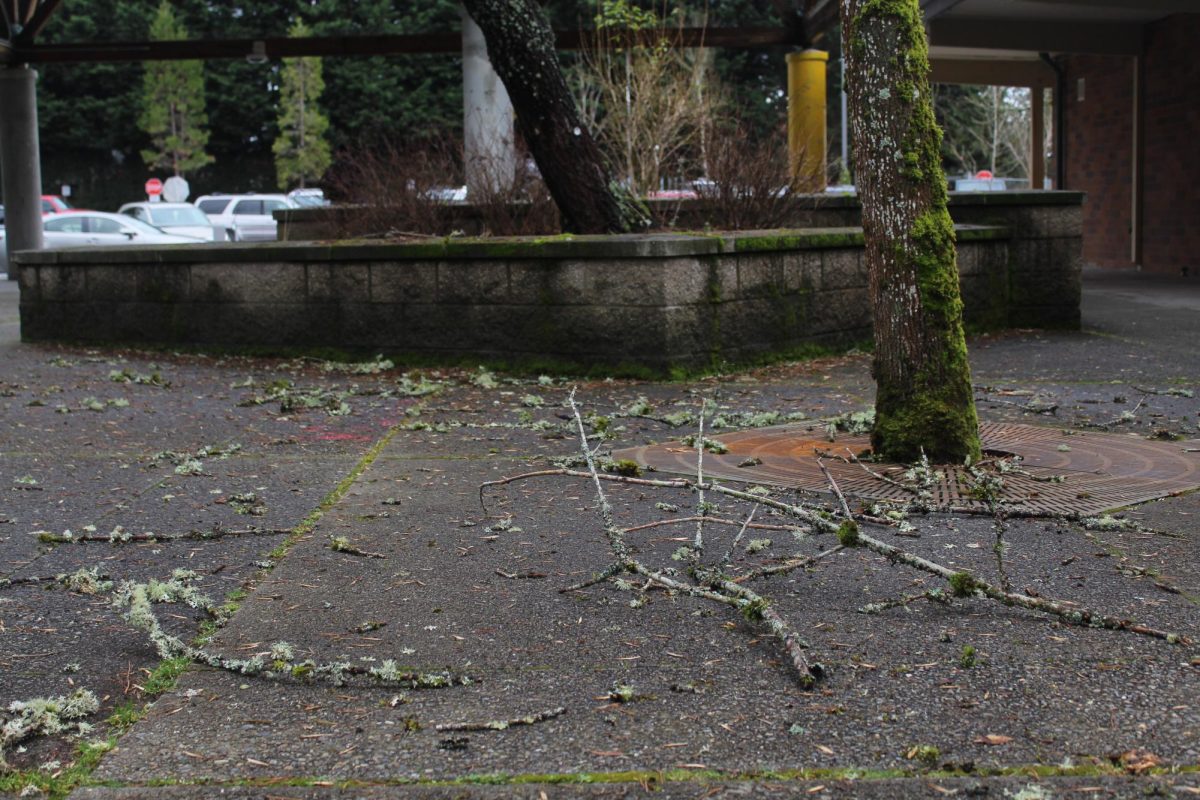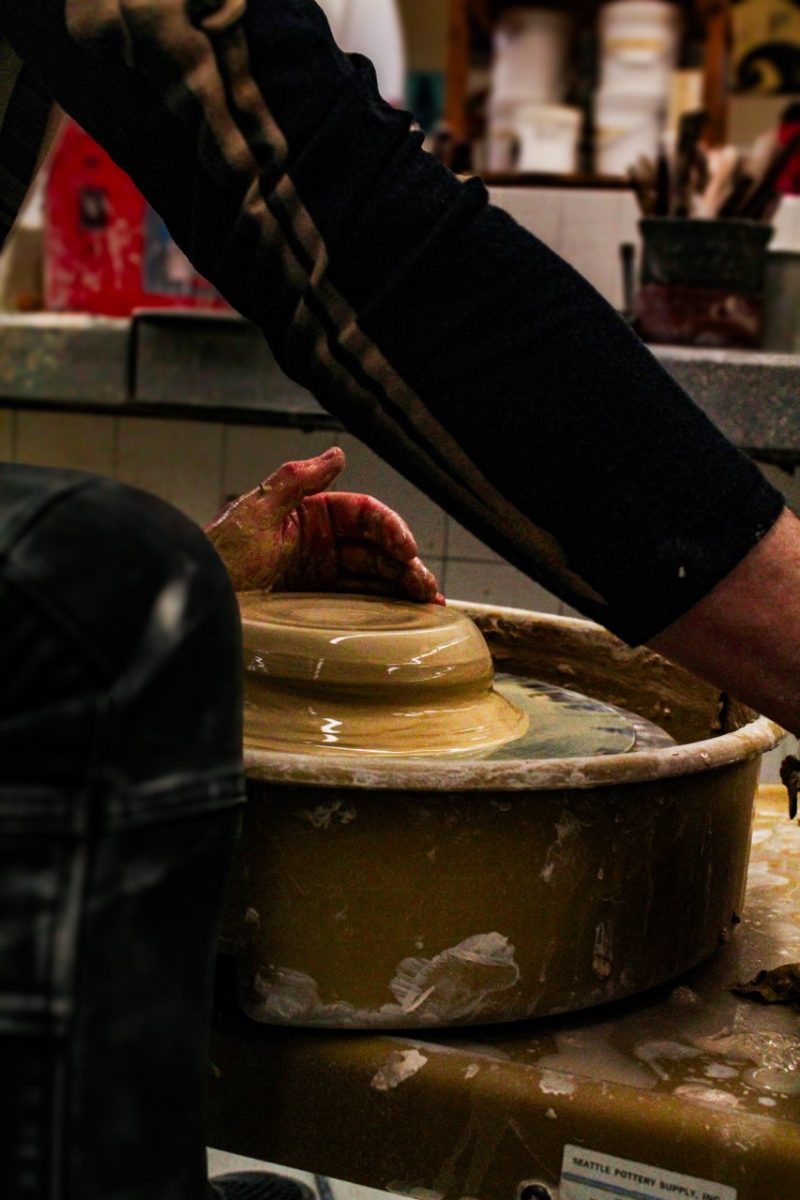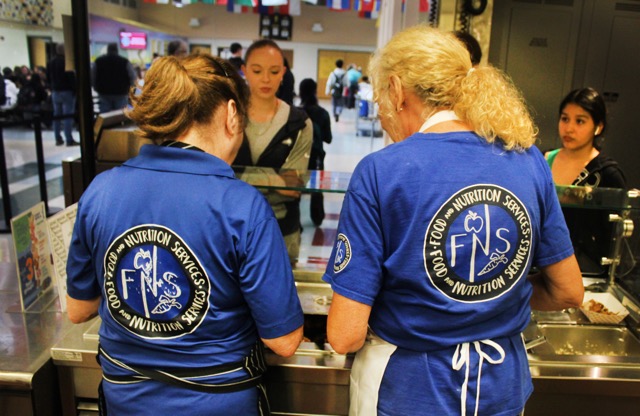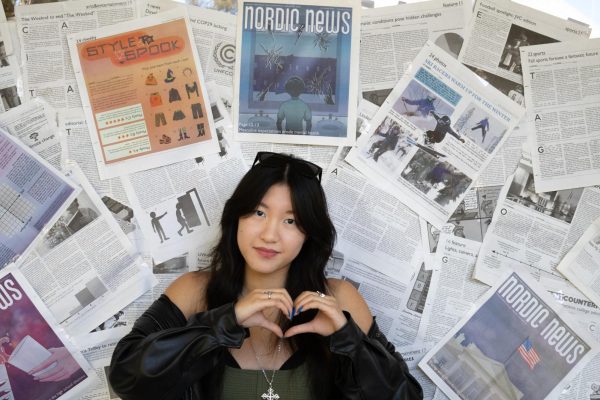Zane Rubenstein
Senior Zane Rubenstein (he/him) manages two chronic conditions: congenital hypothyroidism, an illness caused by an underactive thyroid that often leads to fatigue, and a temporomandibular joint disorder, which he’s had since seventh grade. TMJ disorder, originating in the jaw joints, can cause widespread nerve pain throughout the body. While Rubenstein finds his hypothyroidism manageable with medication, he said the chronic pain from his TMJ disorder often presents significant challenges in school.
“It doesn’t appear like there’s anything wrong with me on the outside, but then a lot of times, I won’t be able to focus in class, or I’ll be in a lot of pain. So it makes it hard to do assignments,” Rubenstein said. “Sometimes, even though I really want to get started on something, I can’t find the energy to go do that, just because I’m so preoccupied by my brain being like, ‘Okay, your shoulder hurts, your jaw hurts. You have to deal with this first because it makes it impossible to get anything else done.’”
While Rubenstein’s chronic pain limits the activities he is involved in, he also said that it has helped him identify the hobbies that he is most passionate about, like band.
“I got to meet a whole lot of good people there, and I got really talented musically, and I got to focus on something that I actually enjoyed,” Rubenstein said.
Rubenstein said he realized firsthand how difficult obtaining a 504 plan was when he tried to get one in 2023. 504 plans are specifically designed for students with physical and mental disabilities to gain the support they need for learning. Rubenstein hoped to get a 504 plan to accommodate for memory loss associated with chronic pain, which he worried would affect his IB exams. Because of these challenges, he instead communicated with his teachers directly, which he said they had no issues with. Though Rubenstein said it is sometimes difficult for his peers to understand chronic pain, he also said it has been easy to communicate with his teachers and that his community has been understanding overall.
“Some of the people that I appreciate the most are my friends,” Rubenstein said. “We can talk about TMJ disorder, and I can express my frustrations with it, and kind of the issues I’m dealing with, but then we can also turn around and go laugh and have a good time, and they don’t exclude me from anything. So, I really appreciate those people.”
Rubenstein said it is important to show understanding and kindness to others, since the invisibility of many chronic illnesses often makes it difficult to determine what someone might be going through.
“It’s really important to remember that you don’t know that I have a chronic illness; there’s no way for you to tell that, and some of your friends may be struggling with things, too,” Rubenstein said. “So just be kind to them, see what they need, and don’t ignore them or make them feel left out just because they’re dealing with this.”
Michelle Lobb
Pre-IB English teacher Michelle Lobb (she/her) was diagnosed with triple-negative breast cancer twice — once in 2017 and again in 2022. She has had to undergo surgery and chemotherapy. Although Lobb said the process of the treatment was extremely difficult with many side effects, she found the emotional impacts most significant. When she was diagnosed the second time, she worried about how her diagnosis would affect her son, who was old enough to understand the gravity of the situation.
“How it affects your family and your other loved ones is another part that you’re thinking about or hearing about that could be another challenge, especially being a mom and having that responsibility,” Lobb said.
In 2017, Lobb had surgery before the school year started and was unable to start teaching her first year at Inglemoor until she had fully recovered. Fortunately, while Lobb was adjusting back to teaching after recovery, the district provided a substitute teacher to help with grading and lesson planning once a week. Lobb said she felt like if she ever needed anything, the Inglemoor community was always willing to help.
“People here have been really amazing and supportive. My department and then other people in the office and other staff members as well,” Lobb said. “I don’t know — if I didn’t have that — how I would manage it.”
Now, Lobb shares her experience with her students. She said they remind her that there are so many people who are going through things that she may have never found out about had she not shared her story.
“I feel like just remembering that and trying to just approach things with kindness, instead of just making assumptions, like ‘Somebody’s just being rude’ or ‘Somebody’s just really tired and stayed up too late’ or whatever it may be, it’s like trying to understand more about people and understand too that a lot of people have had their own struggles and challenges,” Lobb said.
In addition, Lobb said that there are many people who associate the word “cancer” with pessimism. However, she said that people shouldn’t always focus on the negative since there are also many people who overcome cancer and return back to their normal lives afterward.
“Everyone goes through something, though, at some point in their lives, right?” Lobb said. “It just might look a little different, but I just feel like it also shows you can do hard things. You’re stronger than you realize, right?”
Lobb said that even though having cancer was very overwhelming at times, she just had to keep in mind that it doesn’t define her.
“It’s always something that is in the back of your mind. And so I think of it as: it’s something that is a part of who I am, but it’s not all of who I am,” Lobb said. “So even though this is an important part of who I am and how I think about things and all of that, it’s not everything.”



